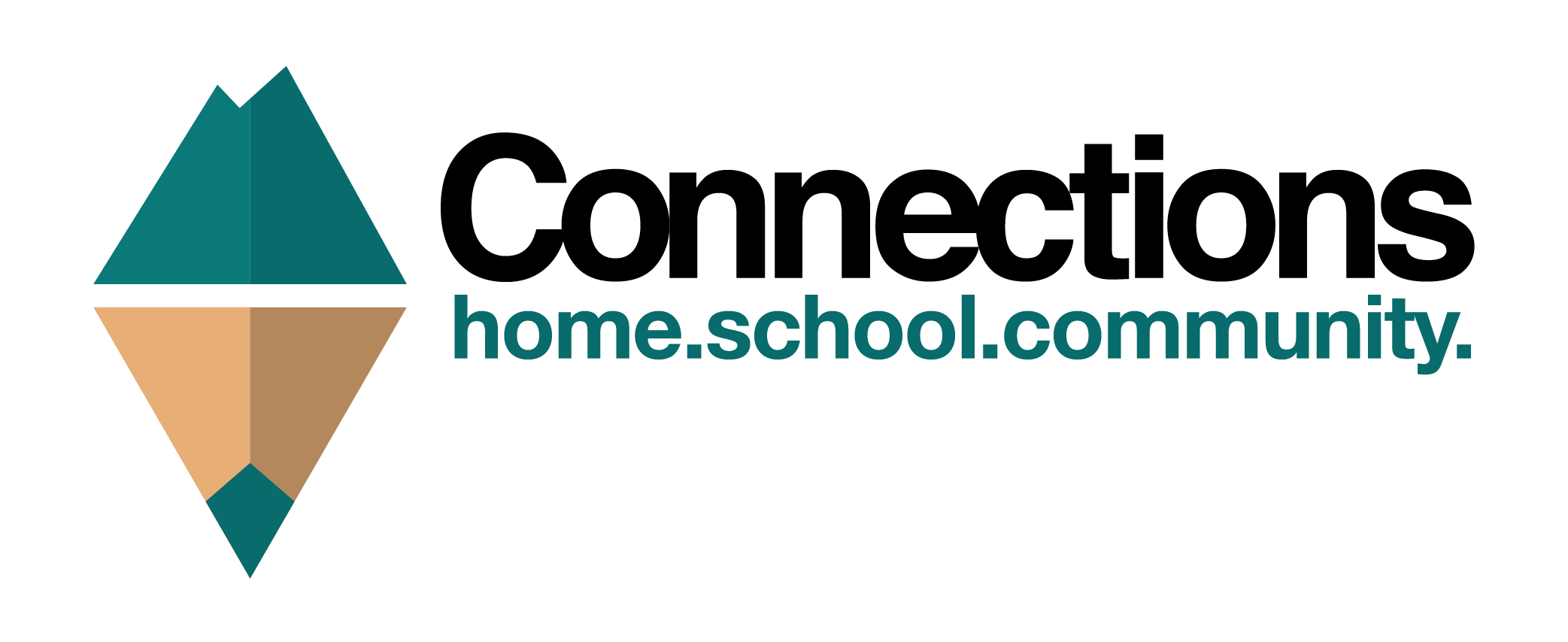At the beginning of the century the term 21st Century Skills became one of the biggest drivers of change in education. This was fitting. The 21st century is very different from the 20th century in terms of society, industry, communications, and so many other areas.
“21st century skills” was used to denote needed changes in education to prepare students for the future. Unfortunately, as with many catch phrases, 21st century skills was widely adopted and applied to almost every product and practice used in education. The phrase is intended to elicit a feeling of forward thinking. News Flash: The 21st century isn’t coming, its been here quite a while.
Almost all of our K – 12 students were born in the 21st century. Most of our teachers and school administrators were hired in the 21st century. It almost seems that talking about 21st century skills as a catalyst for change is only admitting that we haven’t made the necessary changes in the first 17 years of the century. I propose changing our lexicon to refer to “current century skills.” This isn’t just semantics. Speaking of current century skills adds a sense of urgency. Our students don’t need these skills in the future, they need them now.
This isn’t a new idea. I’ve noticed an increase in the use of “current century” in articles and research. I will be using current century to describe the new skills that are identified as important and the old skills that have gained importance in the current century. What are those skills? I’ll talk about them in subsequent posts.
